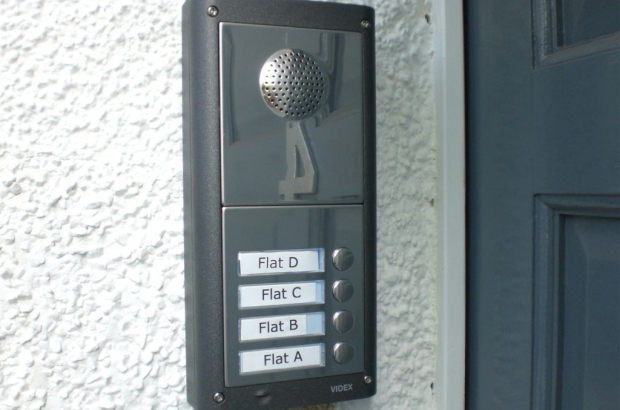- Daily & Weekly newsletters
- Buy & download The Bulletin
- Comment on our articles
Everything you always wanted to know about the syndic
If you live in your own apartment, then you own not only the apartment but also part of the entrance hall, the lift, the heating system, the roof and so on. These parts are owned by all the owners of the apartments together in an organisation called the copropriété/mede-eigendom, a body corporate just like a company. The rules of how they work together are written down in the articles of association.
All decisions, from giving the building a general cleaning to buying a new heating system or renewing the lift, are taken by all the co-owners together. However, after these decisions are taken, they must then be put into practice, and that is what the syndic does. It would not be practical to have each owner sign all the contracts and all the paperwork.
The syndic is appointed by the co-owners for a period of not more than three years. In a small building, one of the co-owners can be the syndic. Usually, the association will sign up a professional from the Institut Professionnel des Agents Immobiliers/Beroepsinstituut van Vastgoedmakelaars, but a recent study showed that one in five owners was not happy with their professional syndic. A syndic who owns an apartment will feel obliged to work harder, since he works for people he has to live with. However, it may become quite cumbersome for someone who has a full-time job and not much hands-on experience.
The syndic’s appointment can be renewed with a vote. When they are dissatisfied with the syndic, the general meeting of the owners can revoke his appointment at any time by a simple majority vote.
What does the syndic do?
What exactly the syndic will do must be written in a contract. It will also determine what notice has to be given. The syndic is, in the first place, the person who executes the decisions of the owners’ association. For investments and works over a certain threshold, the syndic has to get several quotes; the owners decide what that threshold is. That should prevent the syndic from favouring certain contractors.
He also takes care of the day-to-day management of the building. He makes sure that heating oil and water softener are ordered and delivered in time. He takes care of the insurance and the contracts for the building. He is also the person who deals with insurance claims.
Moreover, the syndic is the secretary of the general meeting; he convenes the meeting at least once a year or whenever owners who have 20% of the voting rights ask him to do so. If he refuses, these owners can send out the convocations themselves. The syndic must send out the convocations three weeks in advance and he must write up the report of the meeting within a month.
The syndic has signing powers on the association’s bank account, keeps the accounts and sends out the bills for each owner’s share in the expenses. In 80% of buildings, the costs are split according to the surface of each apartment. Every year he has to present the accounts to the association and he must present a budget of the expected expenses.
Finally, the syndic can go to court on behalf of the copropriété, against a contractor, against the insurance company, against an owner who does not pay the charges… In cases of emergency, such as when an expert’s report is required, the syndic can ask the court to appoint one; he just has to make sure he gets the approval of the owners’ association.
In any building with more than 20 apartments, the owners must appoint a board (raad van mede-eigendom/conseil de copropriété) that will supervise the syndic. This makes it easier for the syndic to understand what the owners want.
The syndic’s job is, generally, a thankless one that requires a lot of paperwork. An inefficient syndic is more often than not the result of an inadequate supervisory board. An apartment building requires regular maintenance, and that is not easy if the owners are not willing to devote time and money to look after their property.
This is important to know when you buy an apartment. The vendor must give the buyer the rule book and the articles, a summary of the financial situation, the minutes of the meetings of the previous three years, the detail of the expenses from the previous two years and the latest annual accounts. The syndic must provide him with these documents.




















